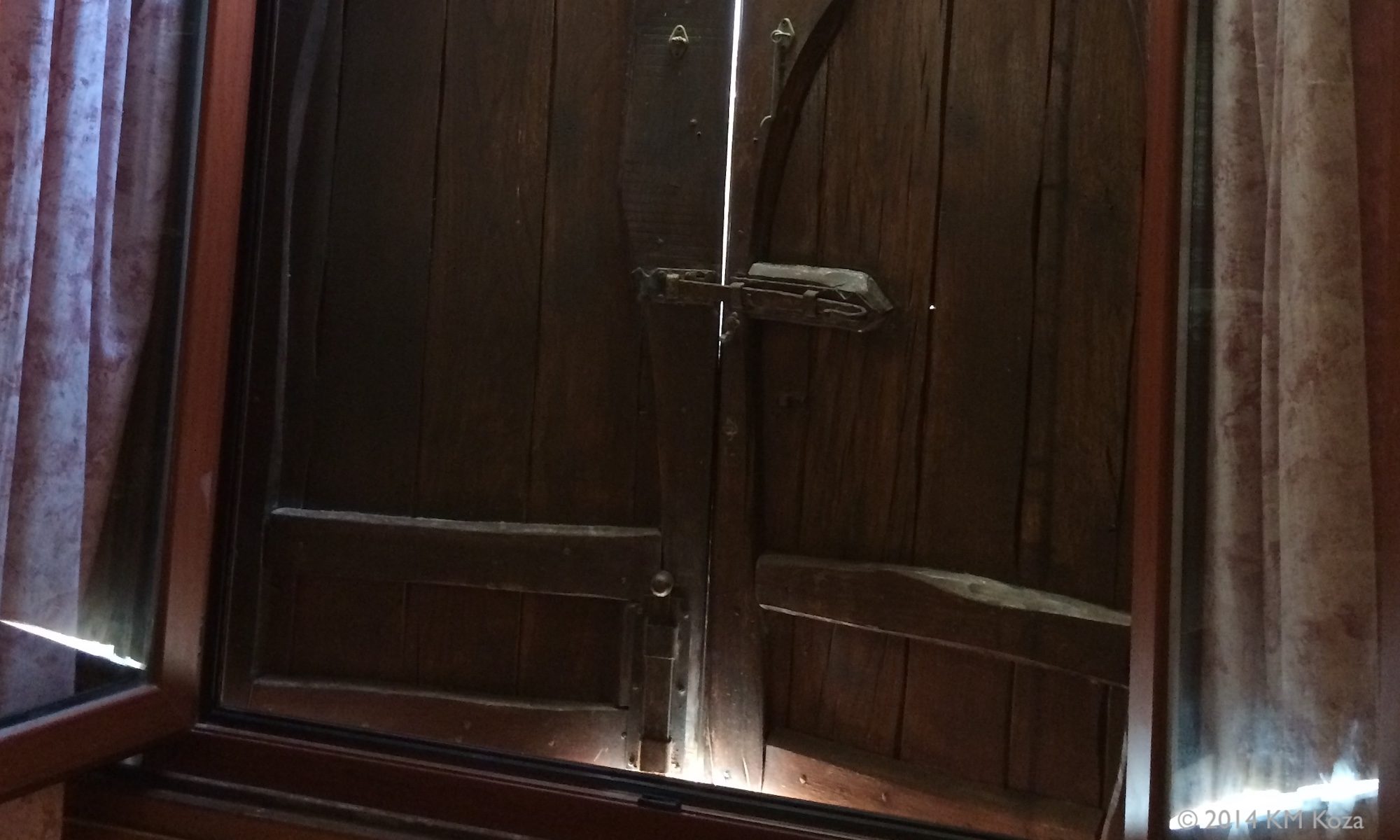Given my passion for protecting the art, designs, and rights of individuals and traditions — most especially the Sardinian handweavers — people often erroneously assume I am not in favor of innovation in traditional handweaving.
This is not true at all! I very much embrace and support innovation in traditional handweaving and elsewhere — so long as the innovation springs from within the artist and their culture.
Individuals grow, cultures transform themselves, and artistic traditions evolve. An individual weaver’s designs, techniques* and expressions naturally change based upon her own growth, experience and knowledge. Artists share designs, techniques, and ideas within and across cultures. This individual and collective innovation within a culture actively transforms a tradition.
Outside influences do not necessarily foster innovation. A cultural outsider who brings their own design to a traditional weaver and asks them to produce exact copies of the item is looking for labor and production. The outsider who copies a tradition’s artwork and motifs for the outsider’s commercial gain is essentially stealing traditional designs, not fostering innovation. Such activities do not recognize the individual artistry of a weaver or respect traditions of her culture and art.
Respecting a tradition, however, does not mean confining the weavers within that tradition to creating only items identical to those made by their mothers and grandmothers. Understanding this is critical, for outsiders often do have a subtle expectation of how textiles of a particular culture “should” look. This preconception is actually a stereotype projected onto the art and artists within a culture, reflects the limited perception of the outsider, and can consciously or unconsciously limit the expression of a traditional weaver.
The perception and practice of innovation in traditional textiles was discussed by a number of Native American weavers, museum curators, and others during a recent meeting of Weave a Real Peace (WARP). Lily Hope, a Native American artist, teacher, and community facilitator made a statement which seemed to embody what the traditional artists and supporters at the meeting felt: “Innovation is tradition. We can’t impose our ideas of traditional or stifle their [traditional handweavers’] creativity.”
The artists also discussed the fact that tradition extends past the boundaries of time and place. Porfirio Gutierrez, a traditional Oaxacan sarape weaver who now lives in California, said that tradition is carried in the blood, heart, and being of the weavers, and “the voices of our ancestors speak through textiles.”
The voices of the ancestors — the stories, histories, love, compassion, and humanity of weavers’ antecedents — are intertwined with those of the contemporary handweavers in modern traditional textiles. These intangible qualities of humanity coalesce with the skill of the handweaver to create the essence of a traditional handwoven textile. This essence is an expression of humanity both contemporary to and greater than a specific time and heart.
Like any artwork, the handwoven textile carries the energy, consciousness, love, and feeling of the weaver. This essence transcends time and space — and is what makes the handmade, the handwoven, inimitable.
*How a textile is woven (handmade, hand decorated, or mill-made) and the types of dyes and fibers used should be clearly stated on textile labels, as these factors help determine a textile’s price and suitable market.
~KMK
The word innovation comes from the Latin verb innovare, meaning “to make new.” The word innate stems from a Latin verb innatus, meaning “to be born”. As humans, we have an inborn drive to make ourselves and our lives new. In other words, we innately have the urge to innovate.
A note about the photo: I snapped this in a historic hotel in Alghero. The handmade wooden shutters and hardware on the building exterior are the traditional window coverings, several centuries old, and maintain the historic integrity of the building. Modernizations have included well-fitting, tightly-latching glass windows on the building interior — an innovation I much appreciated, especially on my first night at the hotel, for there was a terrific thunderstorm, and the shutters were banging wildly outside the latched glass! The glass also permits the light from outside and the beauty of the handmade shutters to grace the room.

